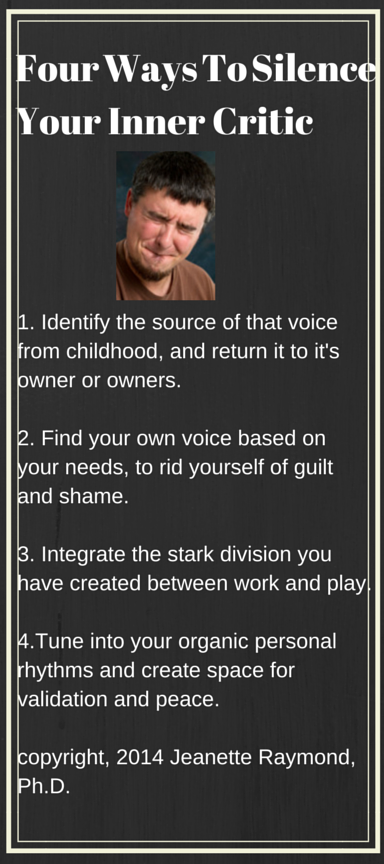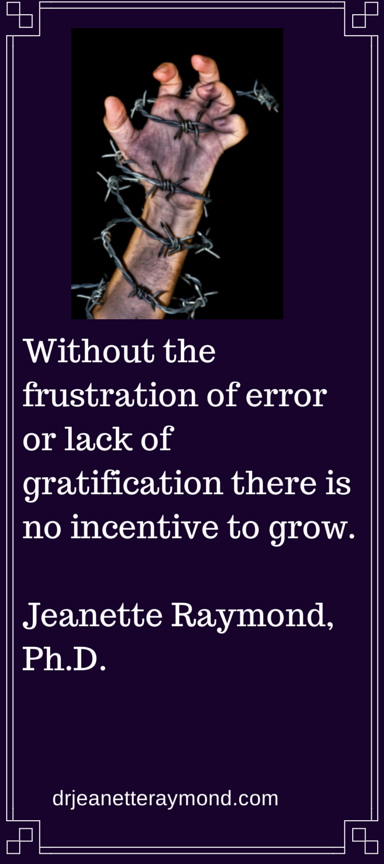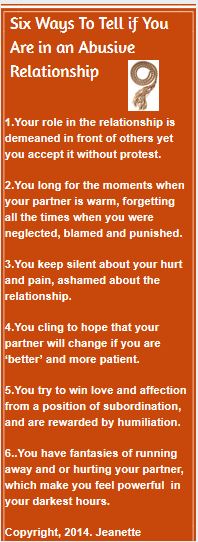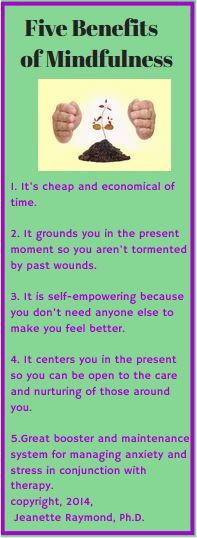How a Dream Can Help You Overcome Your Fear of Making Your Own Choices
Dream Analysis To Help With Anger and Stress Management
Three months before his wedding 35 year-old Damien came home from working as a lab technician tired, grumpy and dreading the thought of having to propose to his girlfriend or else lose her. He hated the idea of making that decision only to find that there were better fish in the sea. He thought very highly of 32-year-old Physical Therapist Leila, but didn’t want to make that final commitment. It felt like he was imprisoning himself for life. The stress was unbearable.
Earlier that day he had felt pressurized to rush results out of his path lab to the surgeons and doctors in the hospital that demanded instant identification of the tissue and blood samples they sent in truck loads. He was concerned about the accuracy of the results, but also about annoying the medical personnel if he didn’t do things at their pace. He imagined the head of the laboratory being angry with his pace of work, and replacing him. All this anxiety and fear made him wound up in a tight ball, trying to be perfect and please everyone else except himself. He was trapped. Nothing felt good and there was no way out!
Until he had this dream:
“I am in a tavern like in medieval times. I am in a cage that is like a tepee. It’s the day of my execution and I can feel the fire under be being lit. I feel trapped but then I see that the door is open and I step out. There are witches there and the give me a good meal. They say I deserve it because it’s the day of my execution. But I say it’s not going to happen and enjoy the meal.”
Damien’s dream was very disturbing to him, depicting his imminent death.
But then he discussed it with me in therapy and we understood the important message it was giving him about his own ability to feel in control and get out of his trap.
This is what we made of the dream.
The cage is what he puts himself into when he feels he has no choice – no exit strategy. His sense of having to propose and rush his lab work was like the heat of the fire in the dream, pressuring him to act. In real life he can’t see that the cage belongs to him and the door is always open – he can choose to step in or get burned alive.
But the cage is situated in a place of fun, a tavern, where people come to relax and socialize. It suggests that Damien can't allow himself to have fun with people and socialize on an equal basis. He either has to be their slave or take care of them.
Damien has problems in making decisions. It’s hard for him to just have fun – so he has to put himself in a cage to force himself to do more serious things like marry which he wants, but which also involve commitment and no turning back. The witches represent the voices inside him, telling him he has no choice and must accept his demise.
The word witch is also an echo of the word 'which' – depicting choice, that is so hard for Damien.
If he has something nice like the meal the witches offer him, he has to pay the price of death: so the choice is impossible to make. If he chooses the good meal, he gets killed by the fire the witches have lit. If he chooses to get out of the cage his core self gets annihilated by having to please everyone else. When he feels the ‘heat’ from other people to do what they want, the cage feels like a sanctuary. But soon the cage feels oppressive, killing him with its fire. So he wants out – only to find that he is in a different cage of having to take care of others.
What did Damien learn from this dream analysis?
The idea of choice had always been hard for Damien. His whole life had been prefaced by having to be a “good boy”, doing the “right thing” to be given a pat on the back and accepted into the world of those that mattered. Despite talking about it several times, it wasn’t until his unconscious gave him the image of the open cage and the fire with the threat of dying that he began to own his right to decide what he wanted. He was so amazed that the cage door was open, that he could go out at any time, he kept repeating that part of the dream as if to absorb that it was up to him to walk out or die! It was as if new life had been breathed into him. He was being given permission from his unconscious to take care of himself with feeling guilty, panicked or ashamed.
Within the next few weeks,Damien gave himself permission to leave work at the regular time rather than work late into the night just to please others, or save his job (not get killed). He started to enjoy his time in the evening and looked forward to sharing himself with his fiancé. He was more available for the relationship and proposed to Leila. She accepted. At first Damien was content. But soon he began to fear that Leila would just take over and make him her slave. He also began to get stressed over his mother's reaction. So tune in to the next blog post and discover how his next dream helped him over this huge hurdle.
copyright, Jeanette Raymond, Ph.D. 2014
AUTHOR OF:' Now You Want Me, Now You Don't! Fear of Intimacy: Ten ways to recognize it and ten ways to manage it in your relationship.
You might also like:
Dreams show you how you hold yourself back and sabotage your success
How your dream reveals your inner terrorist that makes your life hell
Is guilt the stick that motivates you into action?
Disclaimer: this article is for informational and educative purposes only. Dr. Raymond is not responsible for any reactions you may have when reading the content or using the suggestions therein. Interacting with this material does not constitute a therapeutic relationship with Dr. Jeanette Raymond



































